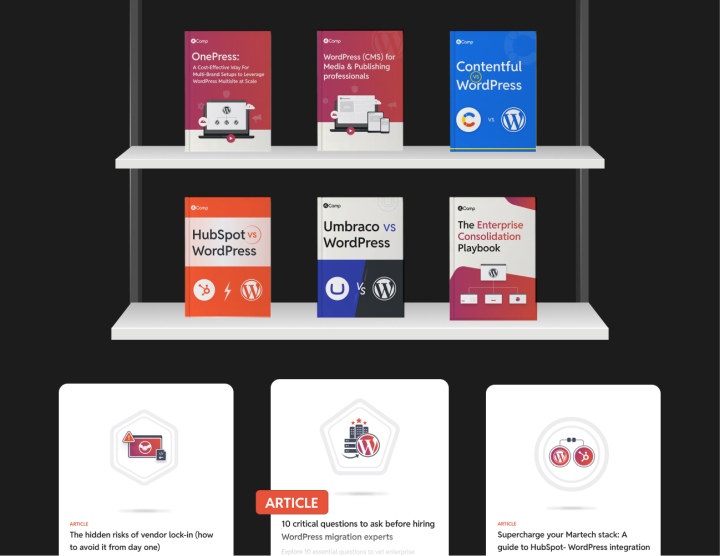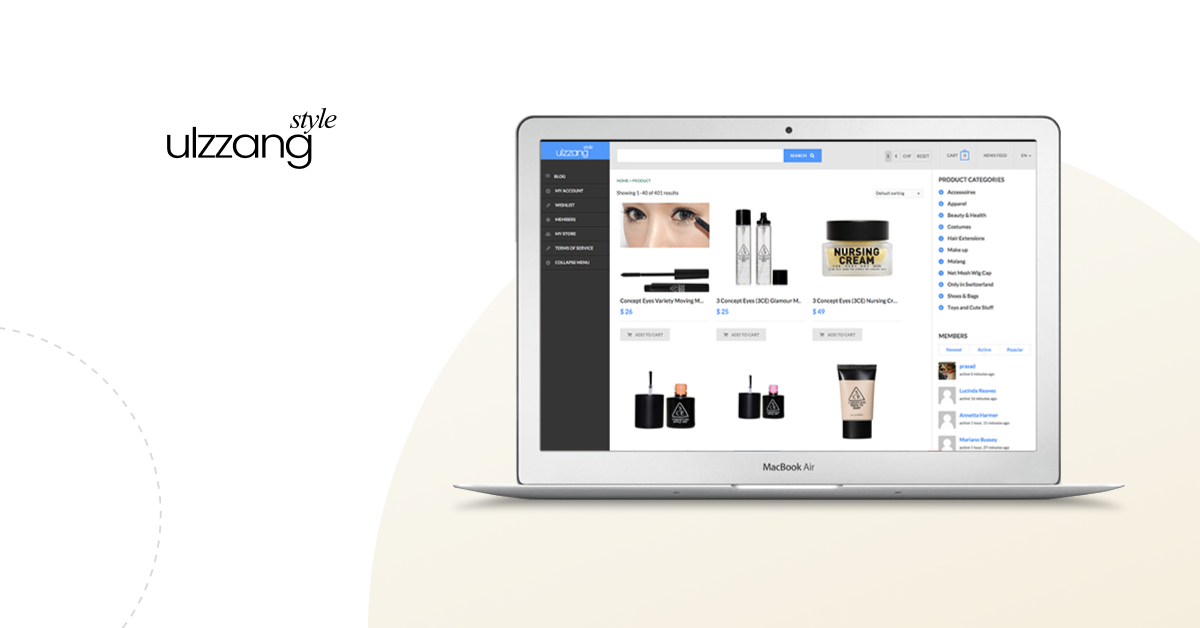About the Client
Vanguard is one of the largest news agencies in Nigeria. They cover local and international news, sports, technology, entertainment and more through their daily newspaper and website.
Vanguard approached rtCamp because they were experiencing a rise in visitors across all platforms and were looking to scale up while keeping server infrastructure costs manageable.
They were also looking for a website design refresh, with a theme that could cater to a large demographic of potential readers who accessed the Internet via slow 2G connections on low-end feature phones using the Opera Mini browser.

Creating a Custom Theme
About 83% of Vanguard’s readership at the time accessed the news site from a mobile device.

Even though a significant percentage of this demographic used iOS/Android smartphones, the majority were accessing the site via low-end feature phones using the Opera Mini browser as showed with Analytics.
rtCamp thus created 2 sets of mobile templates– one for traditional smartphones running modern browsers in Android/iOS, and another for “feature phones” running the Opera Mini browser. Both had all the usual mobile optimizations– including responsive design and scaled-down images– to account for the smaller screen sizes and 2G internet speeds.
However, because of the way that Opera Mini works, we needed to go a step further to fully account for readers using it through feature phones.
Optimizing for Opera Mini
In order to save bandwidth and minimize rendering on low-end devices, Opera Mini requests web pages through a proxy server. This server parses any HTML/CSS and processes the JavaScript on the page before converting it to the Opera Binary Markup Language (OBML) format. A page in OBML is up to 90% smaller than the original.
However, because JavaScript is being processed on the server and essentially “snapshotted”, OBML pages often render JavaScript elements incorrectly. Furthermore, the proxy server refuses to process any page that is larger than 1MB to begin with.
rtCamp thus created a special theme template for Opera Mini devices. This template has all its header & footer scripts trimmed to the minimum, used simple page styling and had most JavaScript originating from WordPress plugins removed.
The result was a theme template that worked well with Opera Mini while retaining its advertisement areas.
| Device Type | Full-sized Images | Full JavaScript + Styling | Advertisement Areas |
|---|---|---|---|
| Desktop | Yes | Yes | Yes |
| Smartphone | No | Yes | Yes |
| Low-end device | No | No | Yes |
In order to properly cache and serve every page across all three templates, we now needed to identify the device type of an incoming request.
Identifying Device Type
The two common ways to identify device type are via WordPress’ wp_is_mobile() function and via a regex on the HTTP request’s user agent. Both these solutions rely on PHP code in the theme/plugin and are far from ideal for a site that needs to scale because, at peak times, they would result in >25,000 concurrent visitors starting >25,000 database queries. This in itself would bring the site down.
rtCamp thus used Nginx’s Map Module to detect the user agent. This offloads device detection from WordPress (and PHP) to Nginx. Detecting the user agent at Nginx is orders of magnitude faster than relying on WordPress/PHP for this.
To set this up, we interfaced WordPress with Nginx/Redis using a server variable. The flow looked something like:
- Detect HTTP user agent in a request at Nginx.
- Set environment variable $device_type based on the User Agent value at our specially configured Nginx Map Module:
- $device_type = lowend if the request is from the Opera Mini browser
- $device_type = mobile if the request is from any other mobile device
- $device_type = desktop if the request is from a desktop or laptop device
- Pass the environment variable to WordPress/PHP as $_SERVER[‘device_type’] and generate the corresponding output through the WordPress theme.

Configuring Page Caching
rtCamp used Nginx with a Redis cache as the free version of FastCGI does not support cache purging via wildcard URL rules and Vanguard required us to keep costs as low as possible.
The Redis cache thus had three entries for every URL, corresponding to the three templates they could be rendered in. We thus used the aforementioned device_type environment variable to differentiate cache entries for each URL:
nginx-cache:httpGETwww.vanguardngr.com/–desktop nginx-cache:httpGETwww.vanguardngr.com/–mobile nginx-cache:httpGETwww.vanguardngr.com/–lowend
We also created a custom WordPress plugin to provide a visual interface to manage cache updates.
Vanguard’s new theme is accessible to visitors on any device, allowing it to remain the most visited news site in a country of 188 million residents.
Server optimizations helped Vanguard regularly serve content to over 30,000 concurrent users at peak times. The site is currently hosted on a $1000 AWS hosting plan that rarely breaks a sweat even during peak hours.
Are you a publisher looking for a reliable engineering partner to help you scale? Fill out the contact form and we’ll get back to you.









